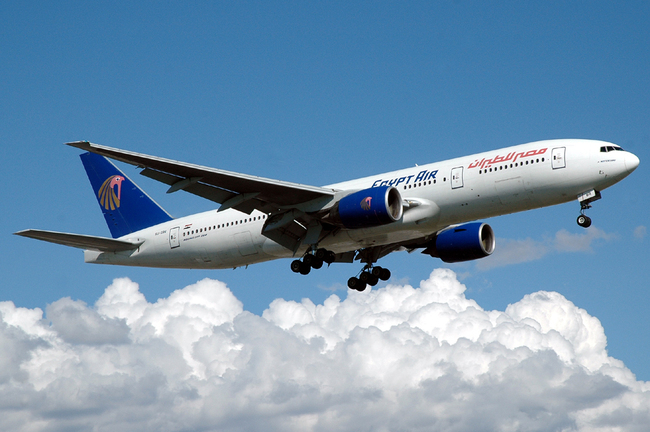A ‘new tax’ imposed by Egyptian President Abdel Fattah Al-Sisi on airline tickets has resulted in many angry and critical comments by Egyptians on social media despite the fact that the tax is in fact not new at all. According to Egypt’s Ministry of Finance, the tax on airline tickets has existed since it was introduced by the late President Anwar El-Sadat in 1978 and President Sisi’s decree was an amendment to this tax. This was confirmed by tax specialist Hamdy Heiba in statements to Youm7, who said the President’s decree is simply an increase in the maximum tax that may be levied on airline tickets. So how much has the tax increased by? For first and business class passengers, it was reported by a number of media outlets that passengers now face an EGP 400 ($US 51) tax, while economy class passengers were reported to face a new EGP 150 ($US 19) tax. However, what media outlets failed to report was that the new tax is simply an increase of EGP 100 ($US 12.70) for first and business class passengers, and an increase of EGP 50 ($US 6.40) for economy…




